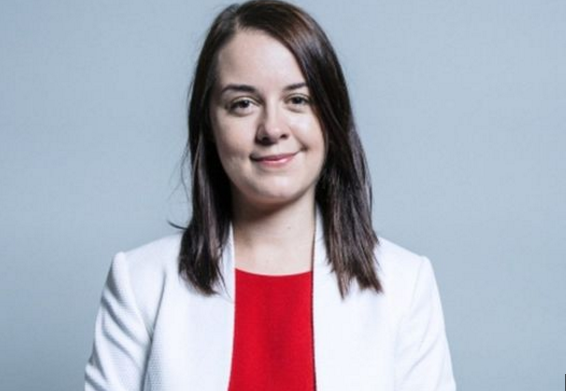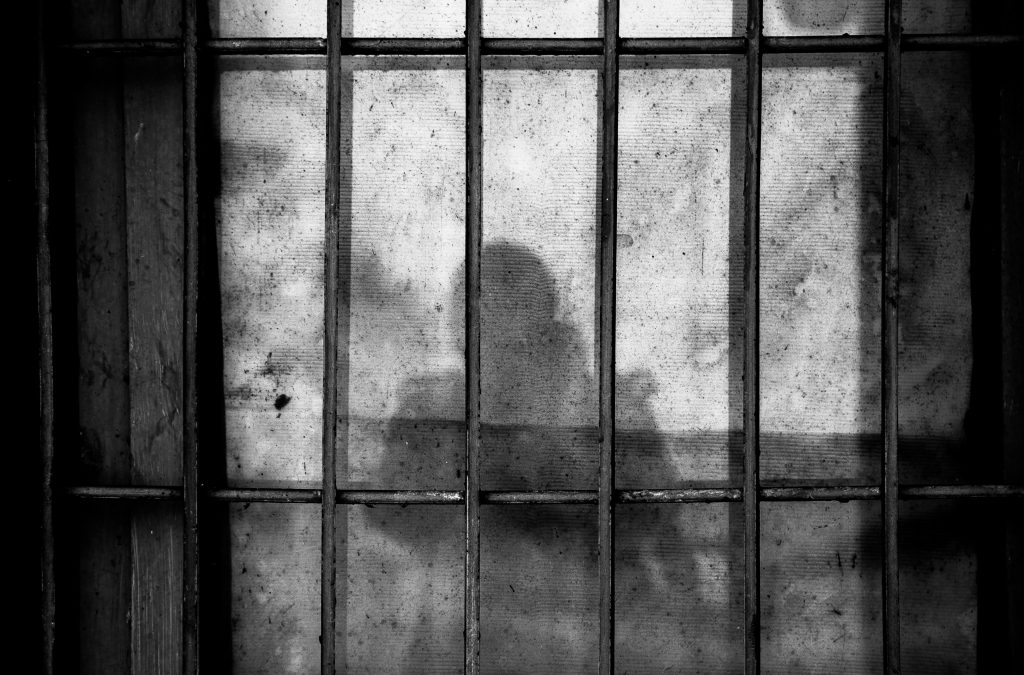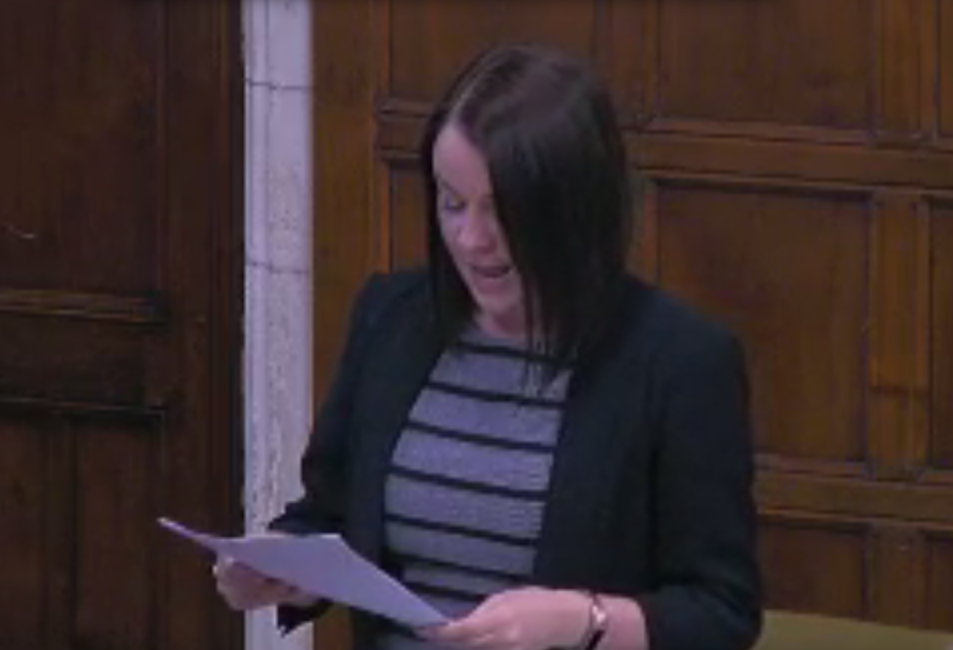MPs have raised serious concerns about the lack of legal aid awarded to families of victims who have died in state custody and are facing inquests.
A debate in Westminster Hall followed the publication of new figures on legal spending from the Ministry of Justice on Wednesday.
The figures show that while £4.2million was spent on the legal representation of the Prison and Probation Service in the UK in 2017, just £92,000 was granted in legal aid to bereaved families the same year.
Leading the debate, Stephanie Peacock MP highlighted the urgent need for families to be given automatic non-means tested legal aid funding for inquests following a state-related death.
[Families] are left by this callous government to fight alone, their voices denied and excluded from the process. And the scale of this discrepancy is frankly a disgrace.
Stephanie Peacock MP addresses legal aid funding
“On the one hand, state bodies and representatives are equipped with access to unlimited funds and resources, the best experts and the best legal teams,” she said.
“On the other, vulnerable families in the midst of grief are forced to navigate a complex and alien application process to be provided with the bare minimum support, and most won’t even receive that.
“Those who apply for it will be forced to foot huge legal bills on their own, represent themselves in court or rely on the generosity of strangers to raise their funds.
See The Debate And Watch The Government Minister’s Response Here
“They often have to tackle complex legal processes involving multiple interested persons and agencies, address issues like the access to and release of the body, post-mortems, communication with investigation teams securing evidence and criminal investigation amongst a host of other complicated legal matters.
“Most lack the legal knowledge to do so, and many without the resources to help. Is this fair?”
What Types Of Cases Would Involve A State Inquest?
Ms Peacock went on to describe the types of cases that would involve a state inquest.
“We’re talking about the death of a child in a mental health setting, a death as a result of neglectful state services, or the self-inflicted death of a prisoner. The families of those they have lost all feel a deep sense of pain, deaths in state detention and custody, or where there is a clear public interest element to finding out the truth.

Image credit: Stephanie Peacock MP/Parliament Portrait
“For example the Grenfell tragedy, the disaster at Hillsborough, the recent case of Molly Russell who tragically took her own life and whose parents believe this is in part down to distressing material related to depression and suicide she was able to easily access on social media platforms.
“The families of these victims require help, accountability and answers, not only for themselves but selflessly to make sure no other family must go through what they have,” she added.
“Yet instead they are left by this callous government to fight alone, their voices denied and excluded from the process. And the scale of this discrepancy is frankly a disgrace.”
How Did Ministers And Organisations React To The Debate?
Ministers at the debate agreed that there was a “staggering inequality of arms” between the legal provisions of the state and the families of victims.
Concern was also raised over the unusually short six-week consultation period, which was held during a particularly quiet time over the summer when many were already on the break.
The usual government consultation period lasts for 12 weeks.
Inquest is a campaign that fights for automatic legal aid for the families of victims of state deaths as well as funding equal to that of which the state receives.

Image credit: Inside a prison/ Unsplash
Rebecca Roberts, the head of policy at Inquest, said: “The limited data available suggests that the Ministry of Justice are signing off a budget for the Prison and Probation Service to spend 43 times more on their own legal representation than is granted via the Legal Aid Agency to bereaved families for prison inquests.
“These are truly shocking figures and it’s no wonder that families feel that the system is stacked against them. The Ministry of Justice must act now to introduce fair legal funding for bereaved families to ensure a level playing field at inquests.”
How Does Human Rights Legislation Help The Argument For Providing Legal Aid?
Under Article 6 of the Human Rights Act 1998, everyone has the right to a fair trial.
Article 6 also ensures individuals have access to the courts. They also have the right to bring a civil case.
A “fair” trial means one that is public, heard by an independent and impartial court or tribunal, and held within a reasonable time.
If a person cannot afford legal representation, this can undermine their right to a fair trial.
Some individuals may be entitled to legal aid, or public funding, to help pay for a lawyer. However, since the Legal Aid, Sentencing and Punishment of Offenders Act 2012 was passed, the scope of legal aid has been removed, leaving many vulnerable people left to fight legal issues on their own without any support.
You can find out if you are eligible for legal aid via the government website here.







